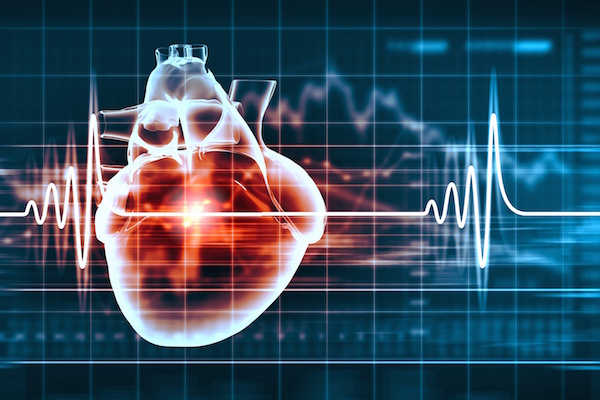
MONDAY, July 19 (HealthDay News) — People in an Alabama city who had higher levels of the chemicals known as PCBs in their bodies were much more likely to have high blood pressure, a recent study found, but it’s not clear if the PCBs actually caused their hypertension.
If a direct connection does exist, the finding may indicate a serious health threat to those exposed to PCBs, which were once used in many products but have been banned in the United States since 1979.
“We were surprised what a strong relationship we found,” said study co-author Dr. David O. Carpenter, a public health physician and director of the Institute for Health and the Environment at the University at Albany in Rensselaer, N.Y.
The results could indicate trouble beyond Anniston, the city where the study took place, Carpenter added. While the city housed a plant that manufactured PCBs, the chemical levels linked to high blood pressure were typical of those of many people living elsewhere in the country.
PCBs — polychlorinated biphenyls — were used in hundreds of industrial products during much of the 20th century. The U.S. ban occurred amid fears about their adverse health effects, including the belief that the compounds may cause cancer.
More than three decades later, PCBs still linger in air, water and soil — and in humans — because the chemicals don’t break down.
The study, published online recently in the Journal of Hypertension, was funded by the U.S. Agency for Toxic Substances and Disease Registry, part of the U.S. Centers for Disease Control and Prevention.
Researchers tested the blood of 758 Anniston residents (407 whites, 351 blacks) and checked their blood pressure and cholesterol levels.
The researchers focused on 394 people who were not taking high blood pressure medications. After adjusting the numbers for risk factors like gender and obesity, they found that those with the highest levels of PCBs in their bodies — in the top third — were more than 3.5 times more likely to have high blood pressure than those in the lowest third.
About a third of 98 people in the top third had elevated blood pressure, which is a major risk factor for cardiovascular disease and stroke.
If PCBs do contribute to high blood pressure in some way, it’s not clear how they might do so. Carpenter said the chemicals could possibly disrupt genes that regulate blood pressure.
It’s also possible that the chemicals could alter the way hormones work, encourage inflammation and disrupt cell functioning in the heart and blood vessels, added R. Thomas Zoeller, professor of biology at the University of Massachusetts.
Carpenter cautioned that factors other than PCBs could explain the higher rates of blood pressure in certain people. It’s possible, for example, that high levels of PCB are a sign of exposure to other chemicals that actually may be at fault.
PCBs can still be found in animal fats, including fish, meat, dairy products, eggs and breast milk, according to the study.
What to do? Carpenter advised people to eat fewer animal fats, and Zoeller said the public should become more aware of the risks of the chemicals around them. “There are invisible pollutants like PCBs that can have very significant impact on our health,” he said.
“These impacts are not trivial and should not be ignored,” Zoeller said. “Because they are invisible, we don’t have a choice but to be contaminated with them.”
More information:
The U.S. Environmental Protection Agency has more details on PCBs.

